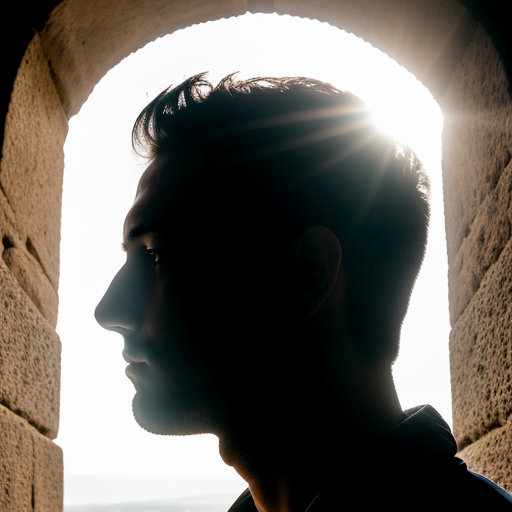Quaere
The New Mithraeum Database
Find news, articles, monuments, persons, books and videos related to the Cult of Mithras.
Your search (poetovio) gave 12 results.
-
Syndexios
Marcus Valerius Maximianus
Clarissimus knight and legate born in Poetovio that helped to disseminate the cult of Mithras in the African provinces. -
Syndexios
Hermadio
Hermadio's inscriptions have been found in Dacian Tibiscum and Sarmizegetusa, as well as in Rome. -
Syndexios
Aurelius Iustinianus
Dux of Pannonia Prima et Noricum Ripense, he built a mithraeum in Poetovio. -
Monumentum
Inscription of Aurelius Iustinianus from Ptuj
This inscription belongs to the 4th mithraeum found in the modern town of Ptuj.TNMM644 – CIMRM 1614
Templum / dei{i} Sol(is) Inv(icti) Mit(hrae) / Aure[l(ius)] Iusti/nianus v(ir) p(erfectissimus) / dux labefa/ctatum re/stituit. -
Mithraeum
Mithraeum V of Ptuj
Part of the finds from the fifth Mithraeum of Ptuj is kept in the Hotel Mitra in the modern city.TNMM565
-
Monumentum
Aion of Mérida
The Aion-Chronos of Mérida was found near the bullring of the current city, once capital of the Roman province Hispania Ulterior.TNMM181 – CIMRM 777
-
Syndexios
Hyacinthus
Hyacinthus, like Hermadio, seems to have been one of the profets of Mithraism in the Dacian region. -
Syndexios
Prudentus
Servus of a certain Primus, Prudentus offered a sculpture of Mithras rock-birth in Poetovio. -
Syndexios
Theodorus
Scrutator of the customs of the Poetovio station, Theodorus erected an altar to Mithras following a vision. -
Monumentum
Mithras rock-born from Ptuj
The sculpture includes a serpent climbing the rock from which Mithras is born.TNMM186 – CIMRM 1492, 1493
Naturae dei / Prudens Primi / Antoni Rufi p(ublici) p(ortorii) / vil(ici) vic(arius).





